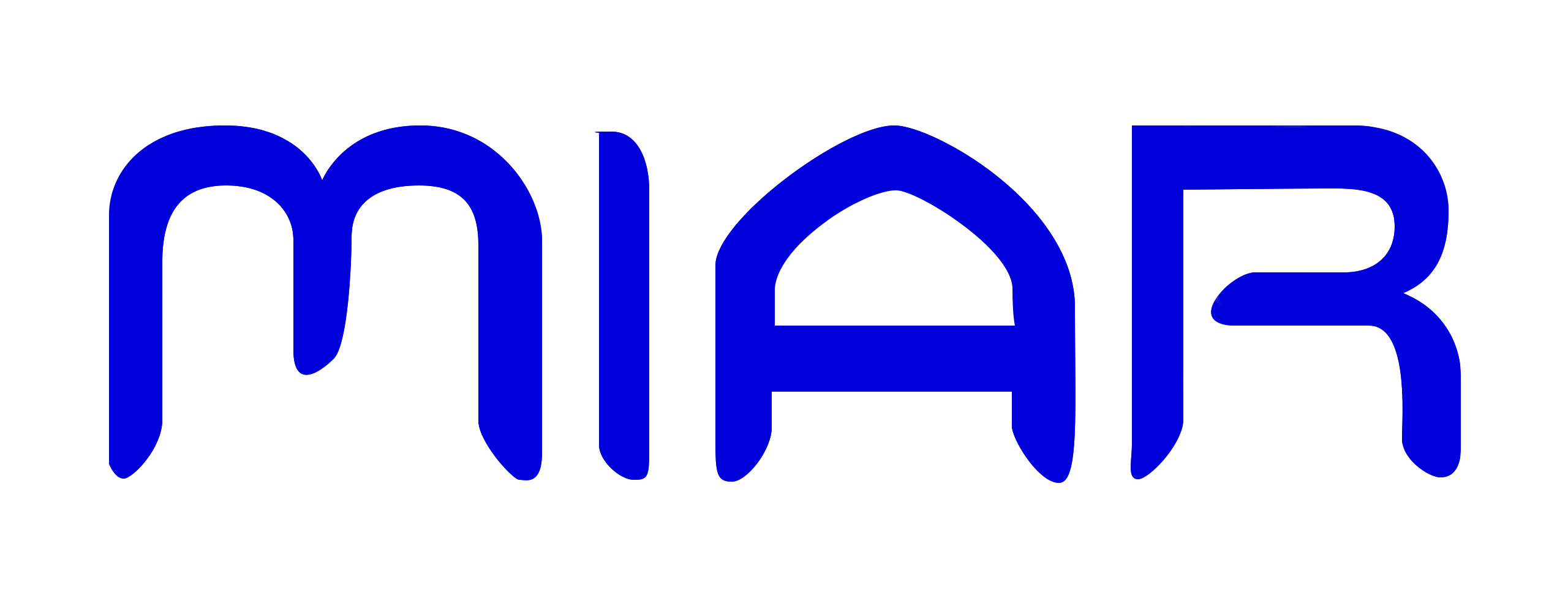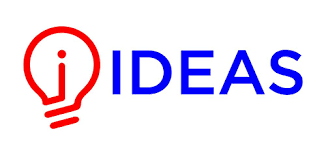Article | Open Access | Published: 10 December 2018
A Qualitative Research On Individual Barriers to Knowledge Sharing: Causes and Remedies A Health-Care Sector Based Study
| Views: | 170 | | | Downloads: | 141 |
Abstract:
Management and sharing of knowledge has been among the top most strategic priorities of the organizations, due to its generally acknowledged role toward the improvement of organizational performance, accomplishment of organizational goals and achievement of competitive advantage. However, most of the organizations, despite spending huge budgets on the implementation of quality knowledge management systems, fail to enjoy the benefits of knowledge sharing due a number of individual organizational and technological barriers that impede the successful sharing of knowledge. Hence, it seems extremely important to understand the factors that impede the knowledge sharing and foil the successful implementation of knowledge management systems. This study has been conducted to empirically investigate the individual barriers to knowledge sharing. Based on 75 qualitative interviews within three health-care organizations of the capital of Pakistan, this research has identified unwillingness to share, lack of motivation, time deficiency, absence of trust, cultural dissimilarity and lack of a common language as some of the most significant individual barriers to knowledge sharing. This study has not only identified the barriers, but, also the remedies to knowledge sharing in the light of the recommendations from the interviewees.
Keywords:
Knowledge Sharing, Individual Knowledge Sharing Barriers, Remedies to knowledge Sharing Barriers, Unwillingness to Share, Trust, Motivation, Cultural and Language Differences.
Publisher:
ILMA UNIVERSITY
Published:
10 December 2018
E-ISSN:
2409-6520
P-ISSN:
2414-8393
This is an open access article distributed under the terms of the Creative Commons Attribution CC BY 4.0 license, which permits any use, distribution, and reproduction of the work without further permission provided the original author(s) and source are credited.














